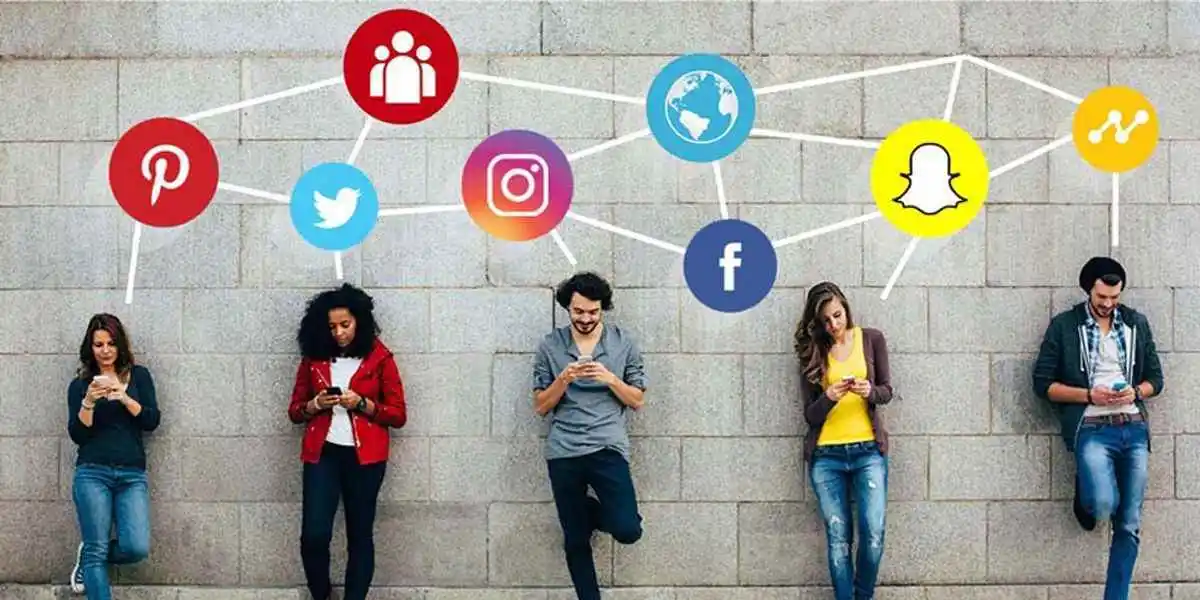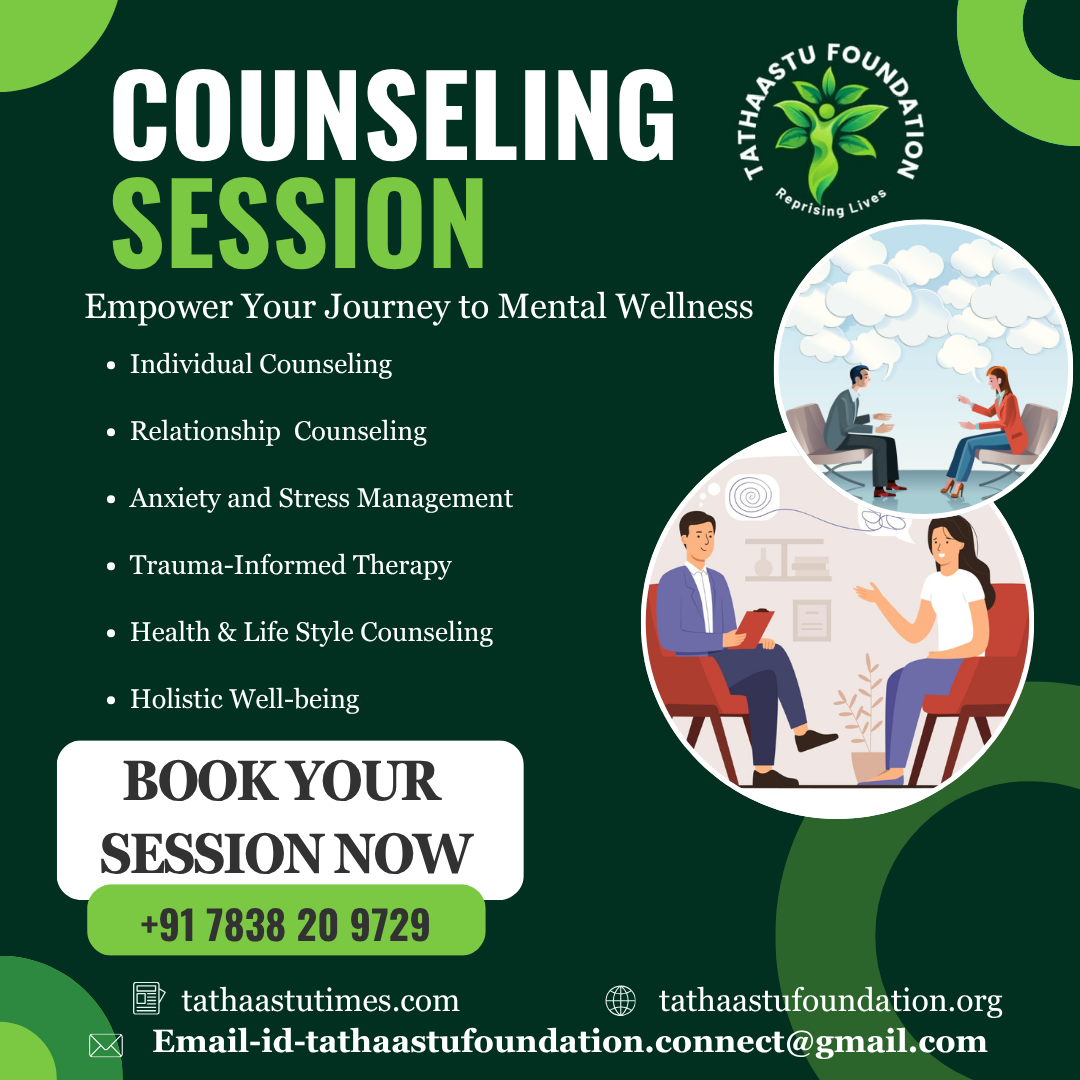Introduction
Social media has grown to be an essential aspect of our lives in recent years. Social media sites like Facebook, Instagram, Twitter, and others have fundamentally altered the way we communicate with each other and our loved ones. However, major concerns regarding social media’s effects on mental health have been raised by its steadily increasing use.
Positive Impacts

It’s difficult to overlook the benefits that social media provides. It enables people to communicate, form new friendships, and exchange ideas and experiences. These platforms might be an escape for those who are lonely or who live far away from loved ones. Furthermore, social media has developed into an effective tool for raising awareness and spreading knowledge regarding issues related to psychological health.
Connection and Support
Social media provides an avenue for people to connect with others, fostering a sense of belonging and community. Support groups and online communities offer a space for individuals to share their struggles and receive encouragement.
Education and Awareness
Platforms are increasingly used to educate the public about mental health, offering resources and expert advice that might otherwise be inaccessible.
Negative Impacts

Despite its benefits, social media’s negative impacts on mental health are more alarming and require urgent attention.
Depression and Anxiety
Studies have shown that excessive use of social media can exacerbate symptoms of depression and anxiety. Constantly comparing oneself to others, seeking validation through likes and comments, and facing negative feedback can significantly affect mental well-being.
Sleep Deprivation
Spending too much time on social media, especially before bed, can disrupt sleep patterns, leading to sleep deprivation which negatively affects mental health.
Cyberbullying
Online harassment and bullying are pervasive issues on social media platforms. Victims of cyberbullying often suffer from low self-esteem, depression, and even suicidal thoughts.
Addiction
Social media can become addictive, leading to excessive screen time and detachment from real-life social interactions and responsibilities.
Solutions and Preventive Measures

Addressing the negative impacts of social media on mental health involves several proactive measures:
Digital Detox
Taking regular breaks from social media, known as digital detox, can significantly benefit mental health. It helps reduce stress and anxiety associated with constant online engagement.
Setting Boundaries
Limiting the amount of time spent on social media each day can help maintain a healthy balance. Establishing specific times for checking social media and sticking to them can prevent overuse.
Positive Content Consumption
Focusing on positive, inspirational, and educational content while avoiding negative and harmful material can improve the overall social media experience.
Seeking Professional Help
If social media usage is severely impacting mental health, seeking professional help from counselors or psychologists is essential. Professional guidance can provide coping strategies and support.
The consequences of social media on mental health are a challenging yet significant topic. It is difficult to ignore the possibility that it could be detrimental to mental well-being, even when it presents significant opportunities for education and connection. We may minimize the risks associated with social media use while still enjoying its benefits by implementing sensible and balanced usage habits. Making mental health a priority and forming safe digital habits are the first steps toward a more pleasant and secure online experience.



